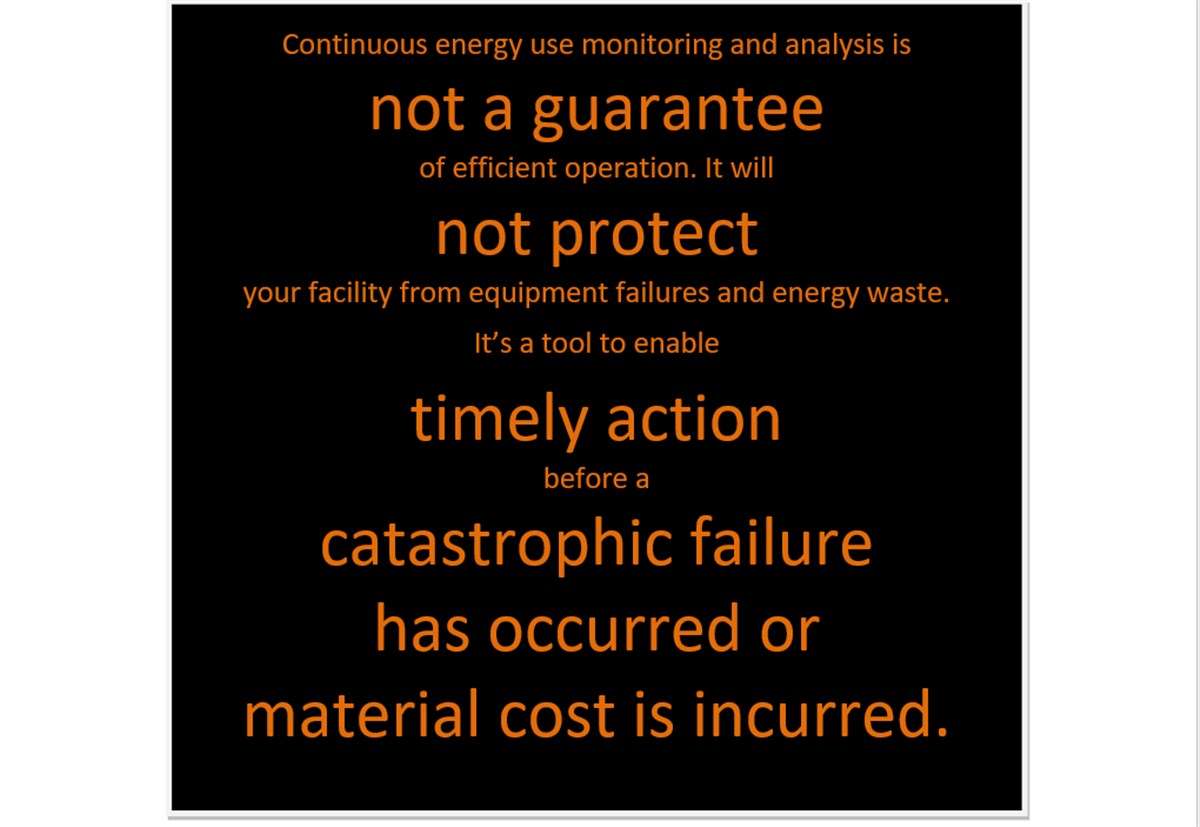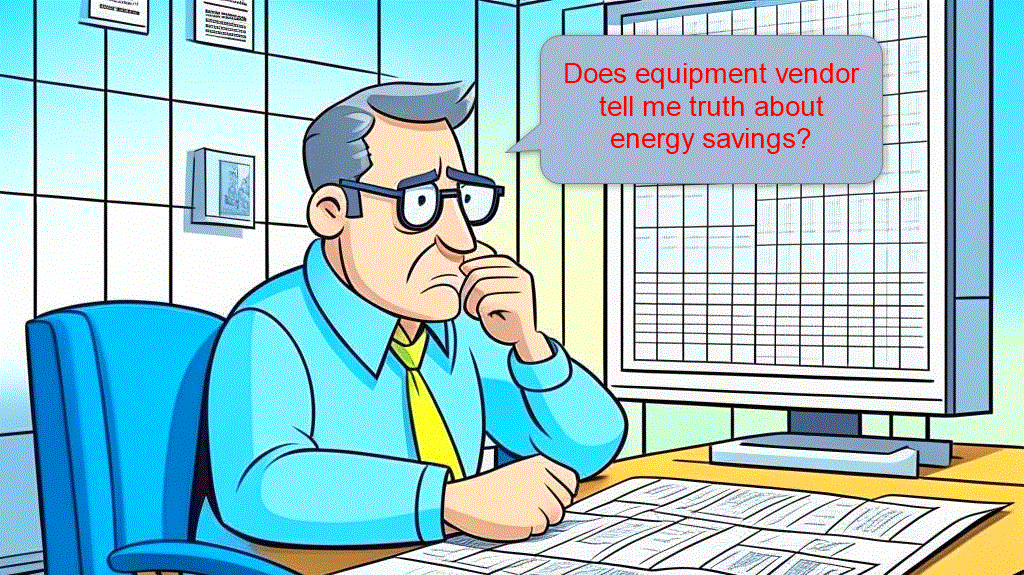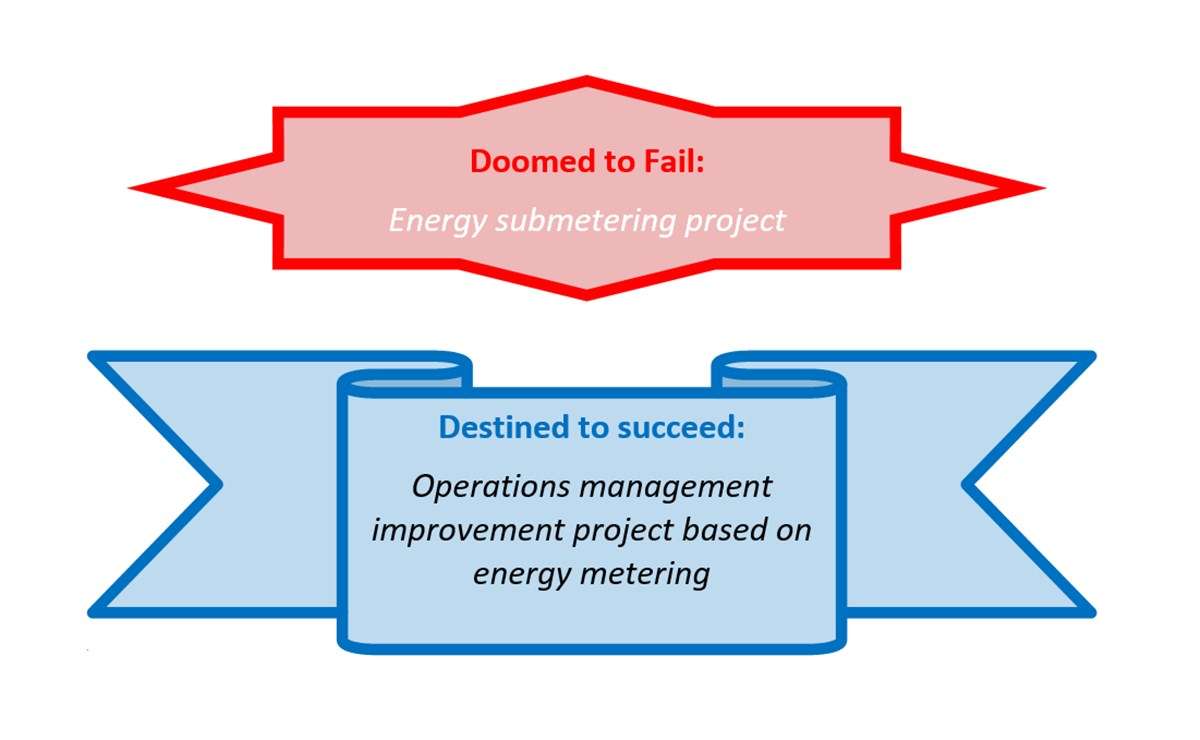Corporations routinely require energy projects to meet a 2 year simple payback threshold, which is another way of requesting a 50% return. Same corporations rarely enjoy returns in excess of 10% in their core business. Are CFOs mean to energy projects, plain stupid, or what? – Unlikely. Slow thinkers do not make it to corner offices. What’s the reason then?
The massive discount CFOs apply to energy projects is driven by perceived risks.
Energy projects are funded with Cash and Trust
Let us take a look at how CFO makes funding decision.
Every investment project has costs and risks, which have to be funded from cash account and trust ‘account’. Both accounts are limited.
For an energy project to be approved, cash has to cover costs and trust has to cover risks.
Newer initiatives, like energy management, have very little ‘savings’ in trust account held by C-Levels. Since risk of energy projects is an uncharted territory for CFOs, they substitute experience with a default rule: ‘the farther the return – the higher is perceived risk’.
Hence, CFOs demand short payback to reduce risks.
How to approve more energy projects?
Since CFOs’ key issue with energy projects is risk, how can an energy manager or efficiency vendor address it directly, without sacrificing bigger projects and healthy margins?
Grow CFO’s trust account by showing trustworthy results of energy projects.
No CFO will seriously consider a financial report unless it has been properly audited. The same is true for reports on energy management projects: to build trust reports must adhere to recognized standards, be transparent, be prepared by qualified unbiased people. Building trust, as building wealth, takes time, effort and perseverance. Successfully completed projects contribute to company’s cash and CFO’s trust account.
If efficiency solution vendor is not willing to subject their project to proper energy accounting, will their report contribute to trust account at C-Level? – Hardly. Will an independent audit of delivered project help vendor sell another project? – Definitely.
Hence a rule of thumb: energy managers will benefit themselves and company immensely if every energy project includes an independent validation of actually delivered results. Reduce CFO’s risks and payback does not matter that much.







Leave A Comment